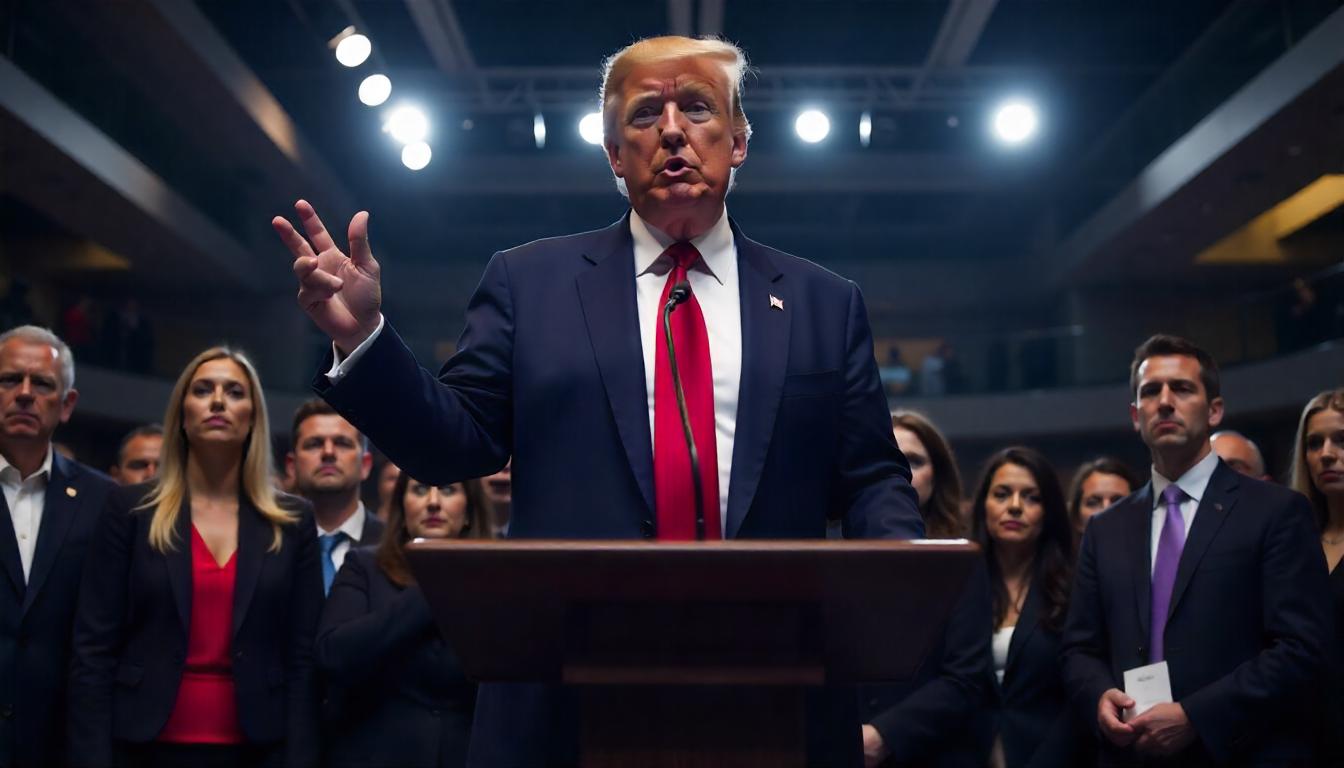Standard Chartered Sees Tokenization Expanding Beyond Stablecoins
Tokenization of real-world assets (RWAs) is set to expand far beyond stablecoins, with private markets and illiquid assets emerging as the next major targets, according to a report released Wednesday by Standard Chartered (STAN).
While stablecoins currently dominate the tokenization space, the bank says the industry is shifting toward bringing a wider variety of assets on-chain. Non-stablecoin RWAs currently stand at roughly $23 billion in value—just one-tenth the size of the stablecoin market—but Standard Chartered expects significant growth as regulations evolve and market participants identify areas where tokenization provides a real edge.
“Tokenization should focus on assets that are cheaper, more liquid, faster to settle, or serve specific on-chain purposes,” said Geoff Kendrick, head of digital assets research at Standard Chartered.
Tokenization—the use of blockchain to digitally represent ownership of real-world assets—is drawing growing interest from traditional financial players. Stablecoins, which are backed by fiat currencies like the U.S. dollar or commodities like gold, remain a backbone of crypto markets and cross-border payments.
Despite progress in regulatory frameworks in places like Singapore, Switzerland, the European Union, and Jersey, inconsistent know-your-customer (KYC) standards still pose challenges, the bank noted.
Standard Chartered says the true opportunity lies in focusing on assets where blockchain can deliver tangible benefits. For example, tokenized private credit has shown promise in reducing costs and enabling faster settlements.
On the other hand, efforts to tokenize highly liquid assets such as gold or U.S. equities have struggled to gain traction, since there’s little added benefit to shifting those assets onto blockchains.
Looking ahead, Standard Chartered sees private equity and off-chain commodities as promising new frontiers for tokenization, signaling a move beyond the market’s current focus on stablecoins.





